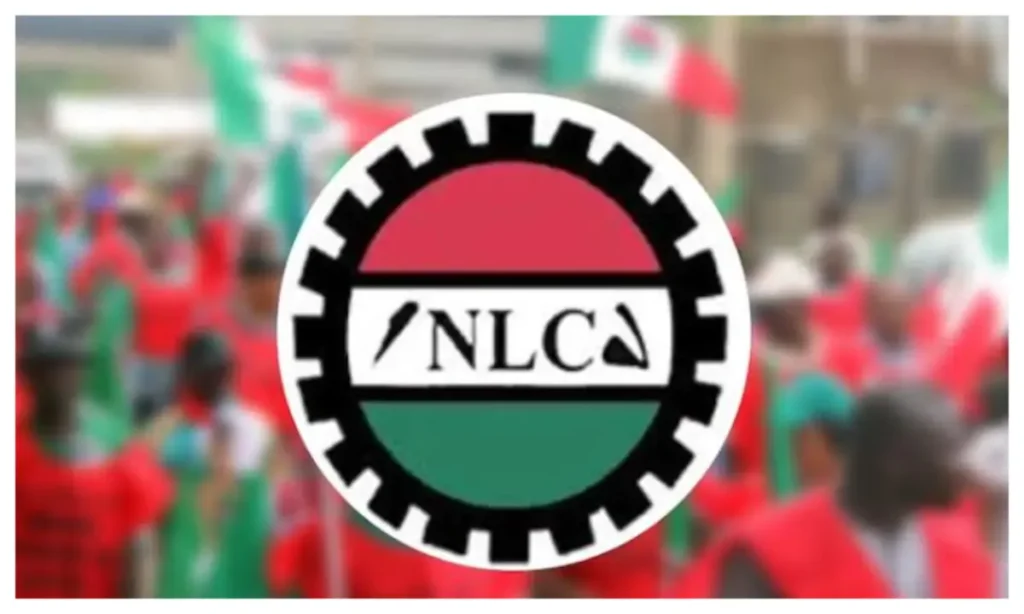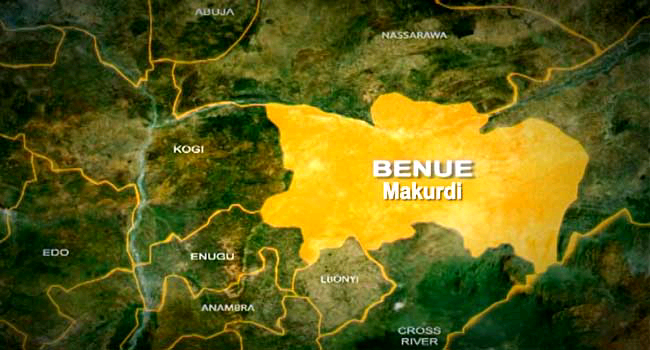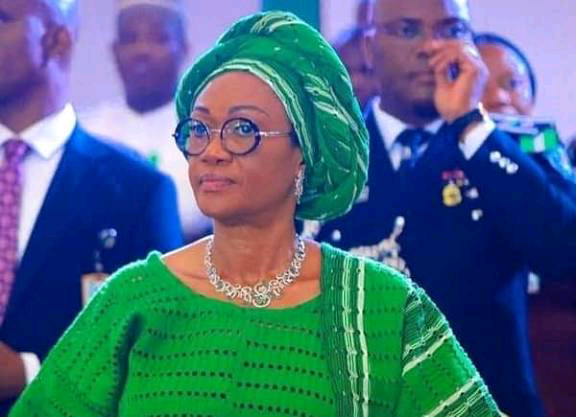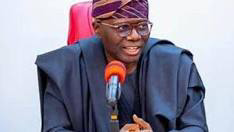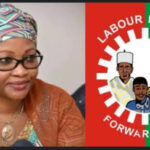Governor Yusuf Reaffirms Commitment to Press Freedom Amid Ongoing Tensions in Kano
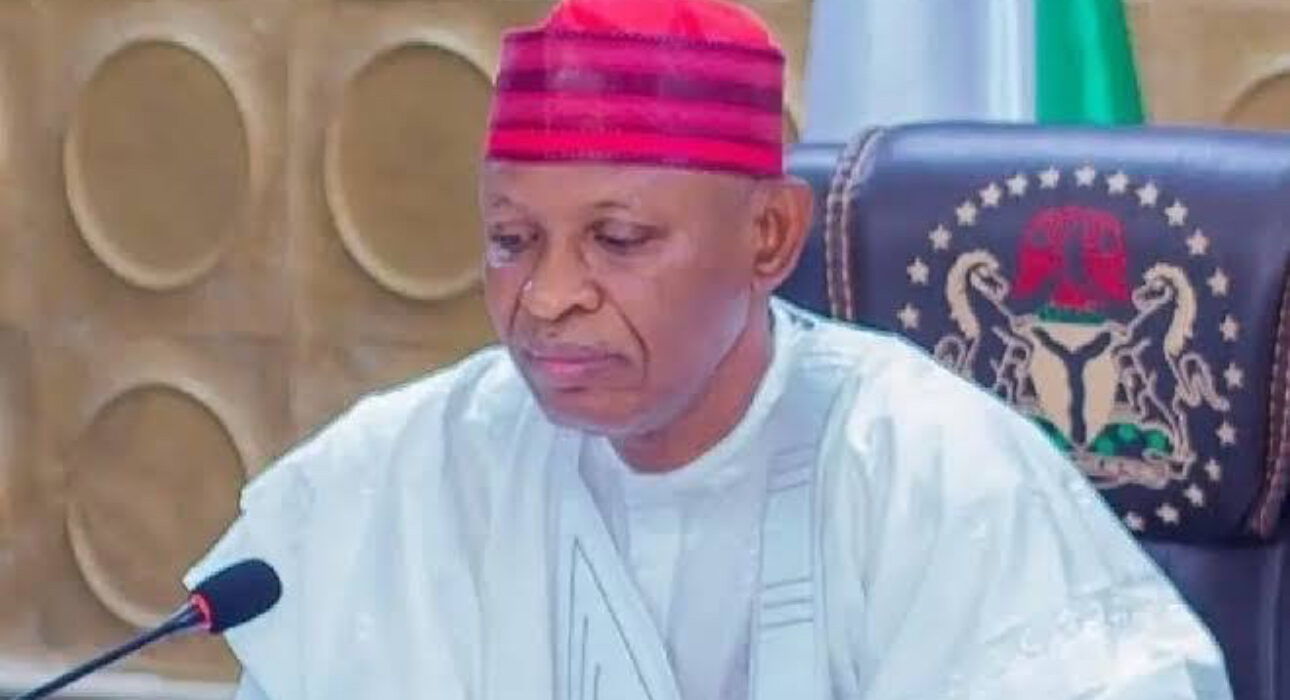
Governor Abba Kabir Yusuf of Kano State has reiterated his administration’s unwavering commitment to the protection of press freedom, describing the media as a vital pillar of democracy and national development. His statement comes amid celebrations marking the 70th anniversary of the Nigeria Union of Journalists (NUJ), and against the backdrop of recent controversies involving the arrest of journalists in the state.
In a formal message released to commemorate the NUJ milestone, Governor Yusuf praised the union for its dedication to professionalism, ethical reporting, and democratic values.
He acknowledged the media’s role as the “Fourth Estate of the Realm,” emphasizing that a vibrant, independent press is indispensable to good governance and accountability.
“The media remains a strong pillar of democracy,” Yusuf stated. “We recognize and appreciate the critical role journalists play in informing the public, holding leadership accountable, and shaping public opinion.”
He also lauded the NUJ leadership, led by President Alhassan Yahya Abdullahi, for their continuous efforts to promote journalistic integrity and uphold the rights of media practitioners across the country. Governor Yusuf assured the union that his administration would continue to provide a safe and enabling environment for journalists to operate without fear or intimidation.
However, the governor’s pledge comes at a time when his government faces scrutiny over recent incidents that press freedom advocates describe as troubling. In March 2025, the Kano State NUJ petitioned the governor following the arrest of two journalists — Buhari Abba of Kano Times and freelance reporter Ismail Auwal — allegedly on the orders of the state’s Commissioner for Information.
The arrests sparked public outcry and condemnation from media stakeholders, who accused the government of using state power to silence dissenting voices. The NUJ described the detentions as unlawful and an affront to democratic principles, demanding a full investigation and the immediate implementation of safeguards to prevent similar occurrences in the future.
The contrasting dynamics — public declarations in support of the press versus the reality of journalist detentions — have prompted calls for the governor to back his words with concrete actions. Human rights groups and media watchdogs have urged the Kano State Government to not only apologize to the affected journalists but also to institute formal policies that reinforce press protections and bar political interference in media affairs.
Despite the controversy, Governor Yusuf’s recent remarks have been welcomed by some journalists as a step in the right direction. Still, many insist that only sustained policy reforms and consistent government behavior can restore full confidence in the administration’s respect for press freedom.
As Nigeria continues to grapple with concerns about shrinking civic space, the stance taken by state leaders like Governor Yusuf will be closely watched, especially in how they respond to dissent, investigative journalism, and media criticism. His administration’s handling of this issue in the coming weeks could define its relationship with the press going forward and shape public perception of his commitment to democratic governance.


